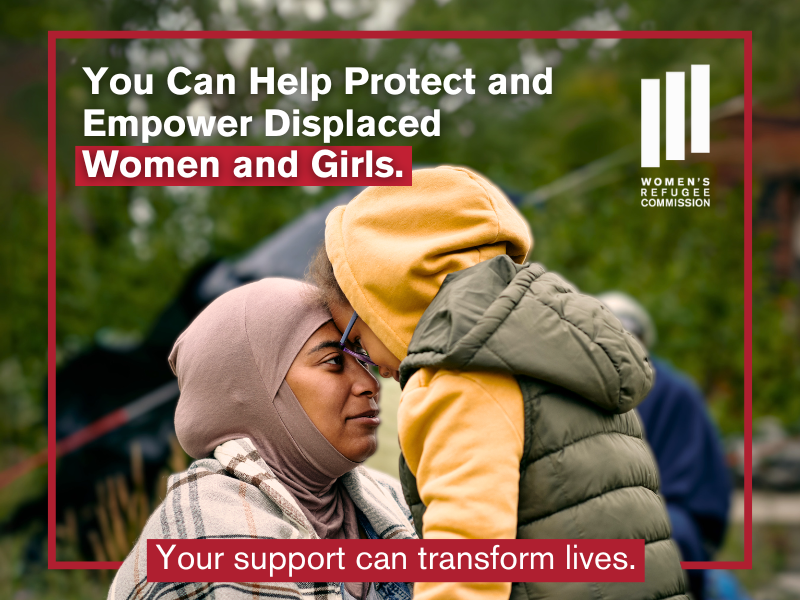Immigration enforcement has drastically increased in the United States over the last few years. And children have become victims of expanded detention and deportation policies that are carried out without adequate consideration of the consequences enforcement can have on family unity. One out of every twenty children in the U.S. faces the possibility of returning home to discover a parent has been detained or deported.
Miguel, an eight-year-old U.S. citizen, came home from school one day to find his parents missing and his two-year-old brother alone. He didn’t know that his parents had been detained by U.S. immigration authorities and that they wouldn’t be coming home. So Miguel stayed home to take care of his brother—never knowing what happened to his mom and dad—for seven days before his grandmother arrived to help.
While current enforcement policies do include some guidelines to protect children, these protections are by no means comprehensive or universal. As a result children—many of them U.S. citizens—have become especially vulnerable. Parents who are taken into immigration custody are rarely granted a phone call to make child care arrangements until they arrive at an immigration detention facility—sometimes days or even weeks after they were first apprehended. Miguel was home alone for so many days because of the simple lack of a policy guaranteeing his parents a phone call to arrange for someone to care for him.
While I was in Arizona earlier this month with my colleagues, we met with parents in detention centers who told us they did not know where their children were, and had not been able to contact them since they were apprehended. Other parents told us that their children were home alone, had been placed in foster care or were living in an abusive situation with their other parent. Many of these parents face permanent loss of custody of their children because they cannot arrange to take their children with them when they are deported or because they are unaware of, or unable to attend, family court proceedings while in detention.
We take these stories to Congress and the administration, where we push for protocols and safeguards that would protect families like Miguel’s. As a result of advocacy by the Women’s Refugee Commission and other organizations, H.R. 3531, the “Humane Enforcement and Legal Protections for Separated Children Act,” was introduced by Representative Lynn Woolsey (D-CA) last summer. After working closely with Representative Woolsey on H.R. 3531, we worked with Senator Al Franken (D-MN) to draft companion legislation, which was introduced in the Senate this week. Neither of these bills create legal mechanisms for undocumented parents to stay in the U.S. just because they have children who are American citizens.
The Senate version of “The Humane Enforcement and Legal Protections for Separated Children Act,” S. 3522, or “HELP Separated Children Act,” will ensure that a child's welfare and safety are taken into account in immigration enforcement actions that impact their parents and caregivers. By requiring that protocols and procedures are put in place to protect family unity, and to enhance parents’ ability to make care arrangements for their children, we will reduce financial burdens on states, provide better care for children and safeguard parents’ rights to due process.
We ask that you support the HELP Separated Children Act to guarantee that children’s best interests are taken into account in immigration enforcement, detention and deportation processes.
To learn more about the HELP Separated Children Act and about our findings in Arizona detention centers, click here.
To take action and support the HELP Separated Children Act, click here.
To learn more about our work to keep families together, visit our Family Separation and Parental Rights page.


